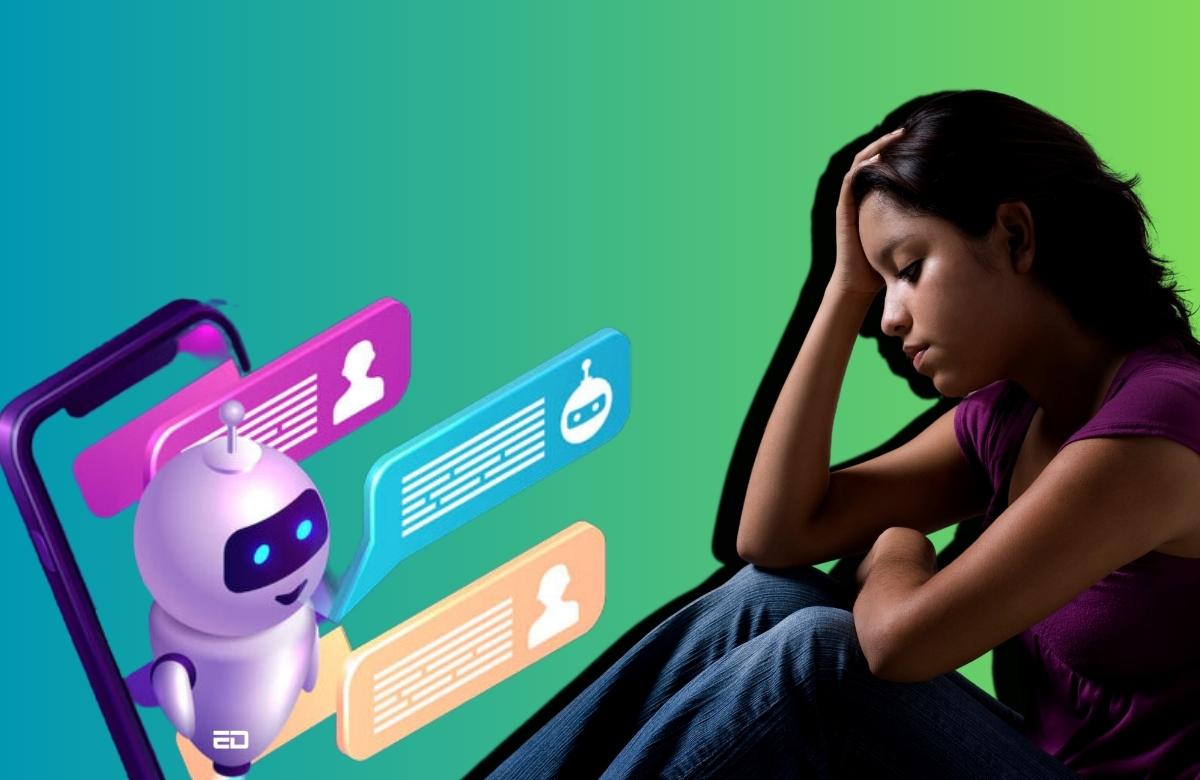In recent years, the emergence of AI Therapy has shown great potential to revolutionize the field of mental health treatment. This developing technology offers the promise of widespread accessibility and affordability, but its consequences remain largely uncharted territory. Nonetheless, is using ChatGPT as your therapist wise?
Potential Benefits of AI Therapy
Scalability and Accessibility: AI Therapy’s greatest advantage lies in its scalability. Unlike conventional forms of mental health care, AI-based therapies can be accessed by anyone with a computer or smartphone.
This opens up opportunities for individuals in remote areas or those who face mobility constraints to receive the support they need. Furthermore, for those who feel uncomfortable discussing their thoughts in person or over the phone, AI therapy provides the option for anonymous conversations, creating a safe space for expression.
Cost-Effectiveness: AI treatments have the potential to significantly reduce costs for patients and insurers. Since AI systems can handle multiple patients simultaneously, they eliminate the need for expensive infrastructure improvements while still delivering high-quality care.
However, it is important to note that while cost benefits are expected, the true extent of these savings remains uncertain, as additional investments are required for the development and maintenance of such systems.
Standardization of Care: It provides an opportunity for standardized care delivery. With human therapists, treatment approaches and quality of care can vary depending on the individual’s expertise and experience. AI therapy, on the other hand, can offer consistent treatment protocols and evidence-based interventions, ensuring that individuals receive a standardized level of care regardless of their location or therapist availability.
Read More: Is It Time To Be Afraid Of AI?
The Cons of AI Therapy
Lack of Human Connection: One of the primary drawbacks of AI therapy is the absence of human connection. The empathetic and understanding presence of a therapist is often crucial to the recovery process for many individuals.
Chatbots, although they can provide some level of support and guidance, cannot replicate the genuine human connection that comes from face-to-face interactions. The emotional support and personal touch that therapists offer may be irreplaceable in certain cases.
Privacy Concerns: AI therapy raises legitimate privacy concerns. While some service providers claim to maintain anonymity and secure data, instances of data breaches and improper data usage have occurred.
The lack of a comprehensive legislative framework further compounds these concerns, leaving consumers with limited legal recourse if their data is misused or abused by third parties. Robust privacy measures and regulations must be established to ensure the ethical use of AI therapy technologies.
Ethical Concerns and Bias: AI therapy raises ethical concerns related to bias and the potential for perpetuating systemic inequalities. AI systems are developed based on existing data, which may inadvertently include biases or prejudices.
If not carefully addressed, these biases can manifest in the therapeutic responses provided by AI chatbots. It is essential to ensure thorough data analysis and ongoing monitoring to prevent the reinforcement of discriminatory patterns or harmful advice that could negatively impact certain individuals or communities.
What Lies Ahead for AI Therapy?
The future of AI therapy is a topic of great interest and concern. Governments and healthcare organizations face constant pressure to reduce costs and widen access to mental health care. However, the cost-saving potential of AI therapy introduces the risk of creating a two-tiered system.
While some individuals may benefit from personalized care provided by real therapists, others may be relegated to receiving mental healthcare from impersonal chatbots. Striking a balance between affordability and maintaining the human element of therapy will be a critical challenge in the future.
AI therapy holds tremendous promise for transforming the landscape of mental health care by enhancing accessibility and potentially reducing costs. However, the field is not without its challenges. The lack of human connection and privacy concerns are significant drawbacks that must be addressed to ensure the ethical and effective implementation of AI therapy.
As we move forward, it is essential to maintain a careful balance between leveraging the benefits of technology and preserving the irreplaceable aspects of human interaction within the realm of mental health care.
Only through thoughtful consideration and responsible implementation can AI therapy truly revolutionize mental health treatment for the better.
Image Credits: Google Images
Feature Image designed by Saudamini Seth
Sources: Drexel University, thepsychmag, LinkedIn
Find the blogger: Pragya Damani
This post is tagged under: AI, artificial intelligence, ai as your therapist, ai therapy, ai therapy pros and cons, unconventional therapy, affordable therapy
Disclaimer: We do not hold any right, copyright over any of the images used, these have been taken from Google. In case of credits or removal, the owner may kindly mail us.





































[…] Read More: Using ChatGPT As Your Therapist: Read This Before You Proceed […]